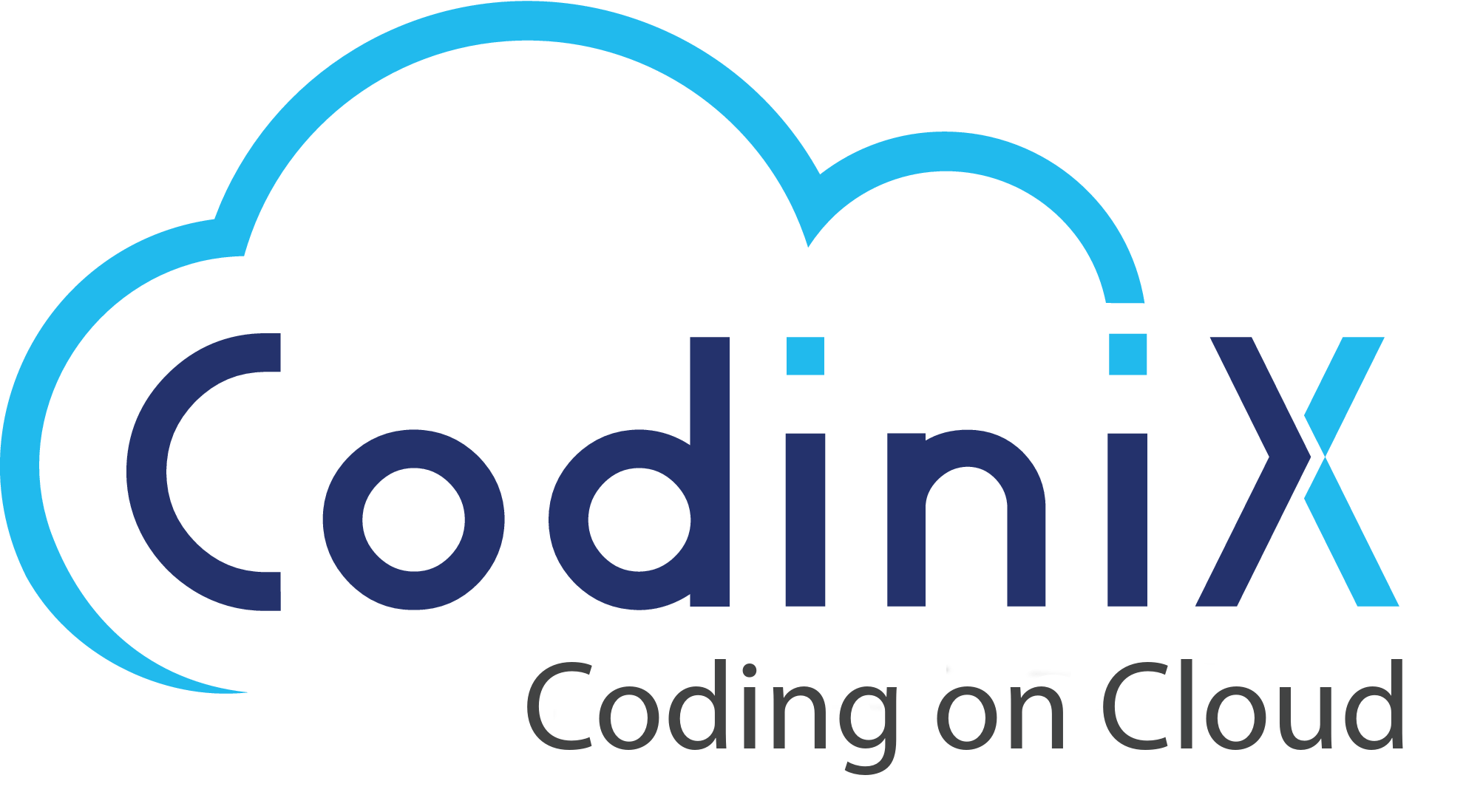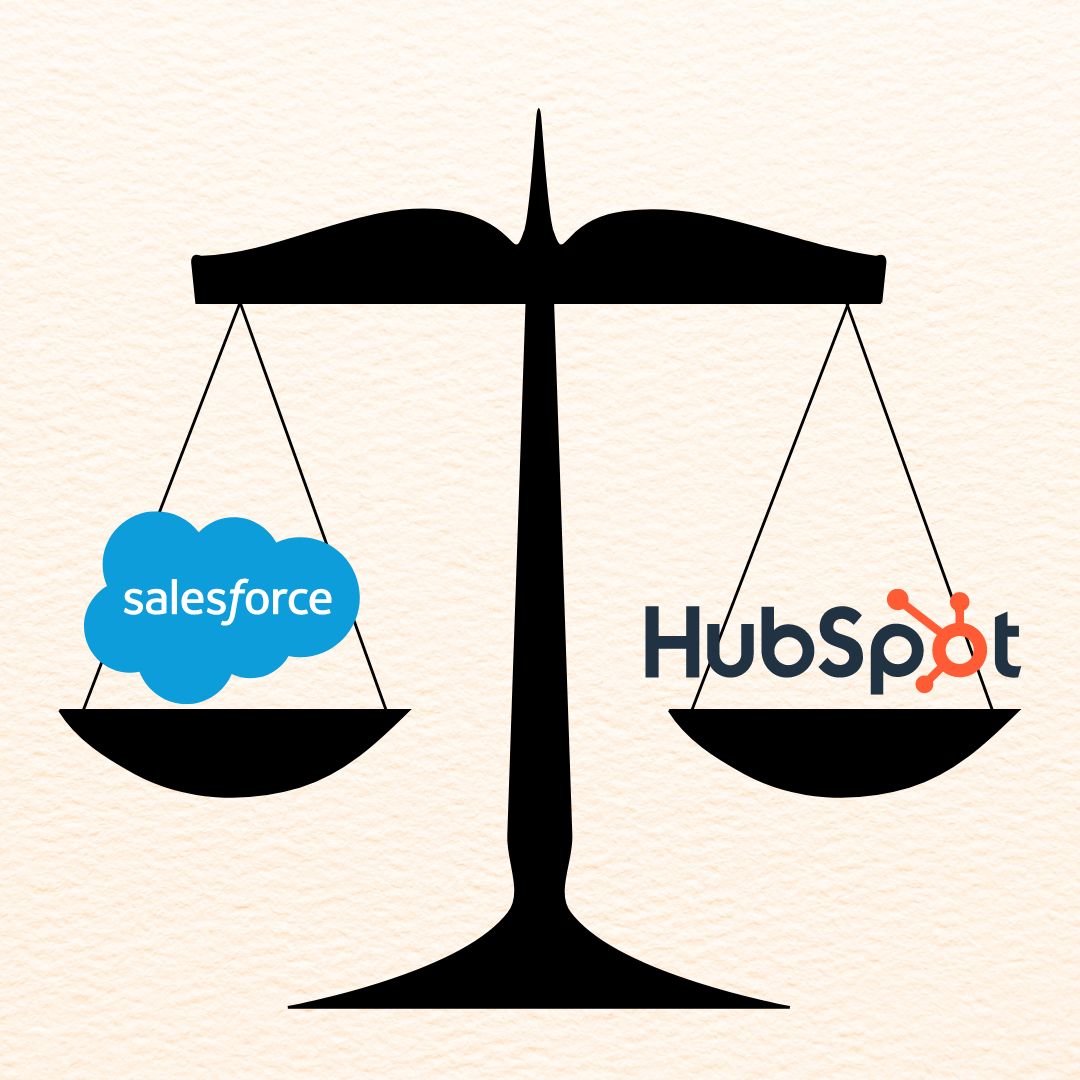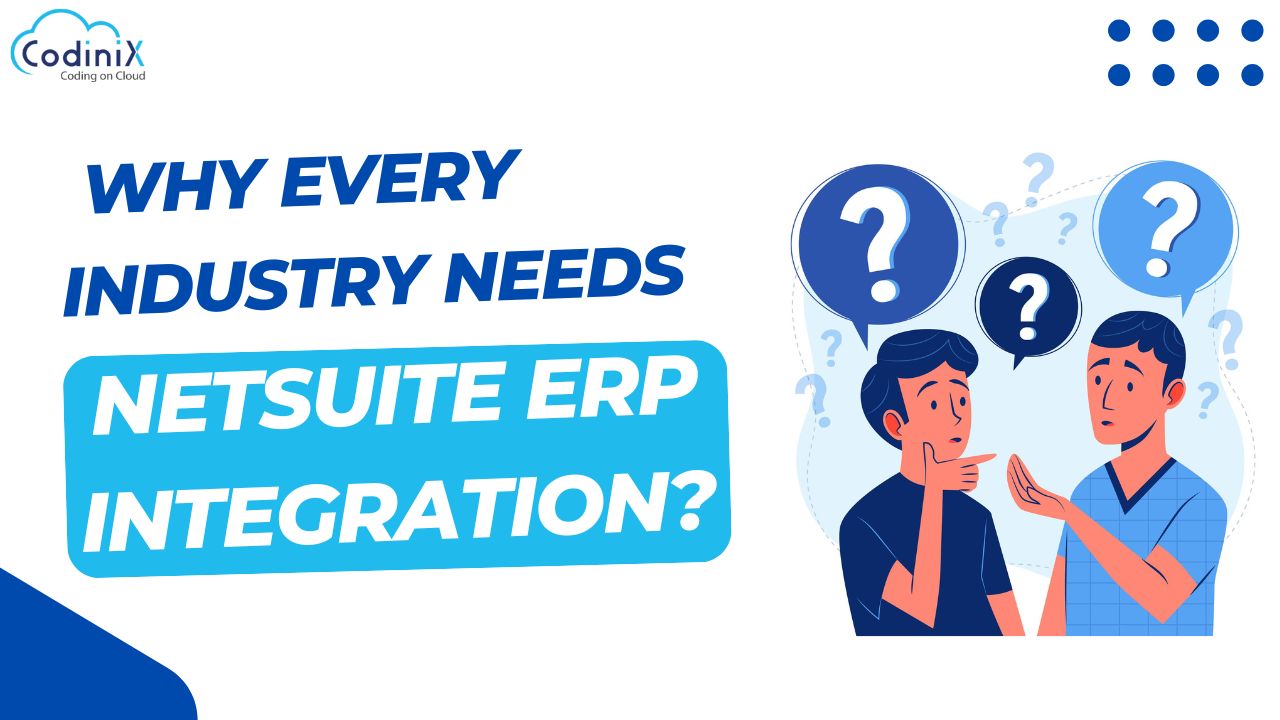Modern marketing is incomplete without marketing automation platforms. They help streamline the process for better marketing results. HubSpot and Salesforce are the two major players offering such platforms. Both of them have great features to offer but these features are quite different. To decide between which is the better option for your business, you must know about the features and functionalities of each platform.
Both platforms have some similar features, like marketing automation and lead management. However, Salesforce emphasizes customer relationship management and HubSpot emphasizes inbound marketing.
Salesforce Marketing Cloud
Salesforce Marketing Cloud partners support various activities of the marketers, including campaign execution, building customer journeys, data analytics, social media posting, and email marketing. Salesforce Marketing Cloud developers offer two components in the platform, including Builders and Studios. The features included in these components help marketers in managing their marketing campaigns across various channels.
HubSpot Marketing Hub
HubSpot Marketing Hub allows marketers to offer customized experiences for customers by building automated campaigns, lead conversion, and analytics tracking. It offers detailed insights into how the customers are engaging with different marketing components. It includes features to engage and delight customers, including content creation, lead capturing, email marketing, and SMM.
Let's figure out the differences between Salesforce Marketing Cloud integration and HubSpot Marketing Hub integration.
|
Elements |
Salesforce Marketing Cloud |
HubSpot Marketing Hub |
|
Cost |
SFMC offers a vast range of features and scalability. It involves considerable investment and is a better option for large enterprises. |
It offers flexible pricing. Hence, is a better option for small enterprises who are initiating their automation processes. |
|
Email marketing |
It has more options when it comes to personalization and email segmentation. |
It has a great email creation process but lacks advanced options. |
|
Analytics and Reporting |
It provides personalized and thorough reports. |
HubSpot has built-in tools for analytics and reporting. But they aren't very extensive. |
|
Social media |
It has excellent social media management potential. However, it may need some integration for better outcomes. |
It can publish and schedule posts and can keep track of the consumer’s interactions within the platform. |
|
Usage |
Because of its rich functionalities, it can be a little complex to use. |
It is comparatively easier to use. |
|
Customer support |
It is not readily responsive but solves the client's queries at its own pace. |
The customer support is readily responsive. |
Which platform is right for your business?
On comparing the two marketing platforms, it can be said that medium to large enterprises can reach out to the Salesforce Marketing Cloud consultants. This is because they have strong technical teams and hence can handle the customization and complex setup of the platform very well. On the other hand, startups that are beginning with automation can use the HubSpot platform as it is quite user-friendly and suits the requirements of different types of businesses.
Apart from the size of the business, technical capabilities, budget considerations, and particular marketing requirements are other factors to consider while choosing between the two.
Conclusion
Salesforce Marketing Cloud and HubSpot Marketing Hub offer customized experiences and are the best in the industry. Salesforce is a powerful platform and is an excellent choice for large businesses. HubSpot has excellent integration, customer support, and automation features.
Both platforms have their pros and cons. To decide which one is right for you, request a demo, consult with people who have used the tools, and consider your needs and preferences.







